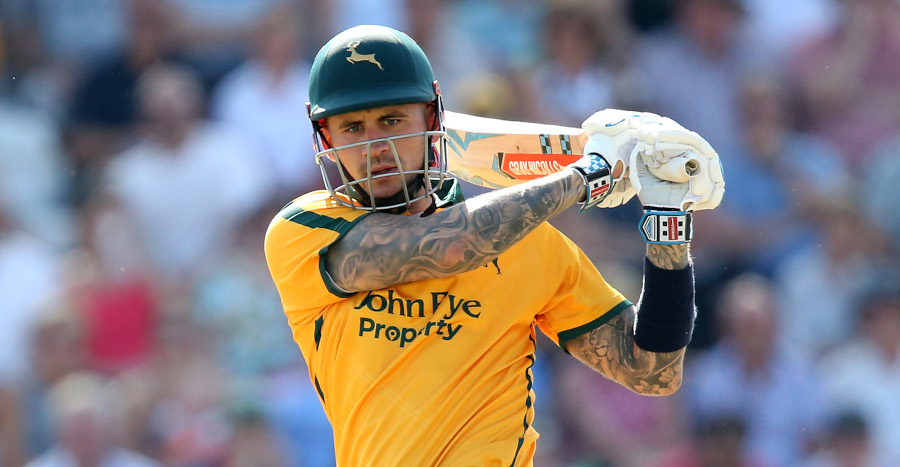The English Cricket Board has announced a stricter approach to their recreational drug policy ahead of the country’s summer season.
Larger fines will now be handed out to first- and second-time offenders, while the board’s policy about confidentiality in these cases remains unchanged.
A player will receive an immediate 5% fine of their annual salary, rather than a suspended €500 fine, while a second offender will cop a 10% fine of their salary.
READ: 438: Herschelle nearly missed the match
In addition, the 21-day ban for a second offender has been scrapped, while no parties may be informed for these cases.
Once a second violation occurs, only the county CEO, the PCA CEO, the ECB CEO and the directors of England men’s or women’s boards will be notified but they will remain strictly constrained to confidentiality agreements.
Only once a player commits a third offence in terms of recreational drug use will the matter be made public, while they will also receive a year-long ban from the game.
The new approach comes largely following the Alex Hales incident from last year that left a lot of confusion around his exclusion from the England World Cup squad, weeks before the competition got under way.
Hales received a 21-day ban for a second violation of the ECB’s drug policy without coach Trevor Bayliss and captain Eoin Morgan being aware of the ban due to the confidentiality policy.
ALSO READ: Proteas Women name squad for ODIs
They would only eventually find out after the Hales incident was leaked to the media with Ashley Giles admitting that the right-handed batsman would indeed have been part of England’s World Cup squad if the story didn’t become public.
Hales has since then never been selected for any England squad, despite performing well in domestic and international franchise competitions.
As a result a rehabilitation programme has been created for third offenders, while serving their ban, although only Jack Burnham from Durham has ever been convicted three times after testing positive for cocaine in 2017.
In a statement released by the ECB, a spokesperson said the change in policy has come after a wide range of negotiations with parties involved in English cricket.
‘The policy takes into account the important consideration of player welfare whilst ensuring there are meaningful sanctions for each violation. There was further consensus from all parties that any bans will be made public.’







